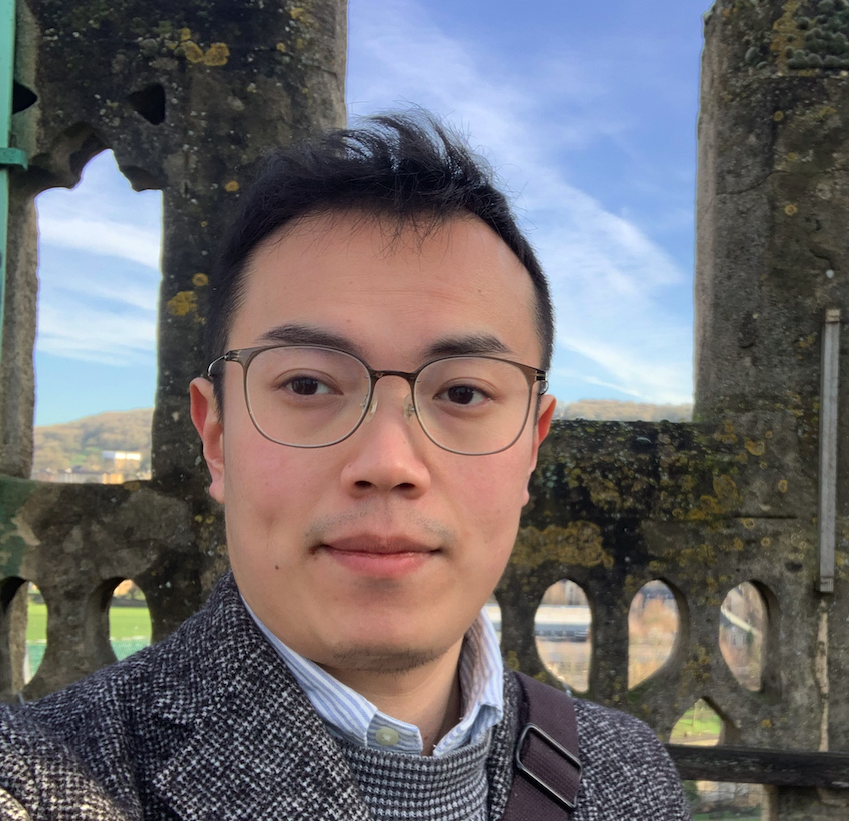We warmly welcome our new postdoc Qiming Ye!
Qiming Ye is joining the Infrastructure Management Group for the Adaptive Mobility, Infrastructure and Land-use (AMIL) project in the Singapore-ETH Centre (SEC).

Qiming joined ETH in February 2023. He is currently a postdoctoral researcher and coordinator, under the supervision of Prof Dr Bryan T Adey, of the Adaptive Mobility, Infrastructure and Land-use (AMIL) project in the Singapore-ETH Centre (SEC). Before commencing this career, he was a PhD, TA, and PhD Rep (2019-2020) at the Centre for Transport Studies (CTS) at Imperial College London.
His PhD research focuses on modelling and optimal control of the transportation infrastructure for autonomous vehicle flows. He proposed hybrid models that embed metaheuristics (GA, PSO, SA) and reinforcement learning methods (DDPG, Q-learning, etc.) with microscopic traffic simulations to address real-world planning or infrastructure management problems:
- Adaptive planning process for transportation infrastructure
- Dynamic assignment algorithms of curbside parking spaces in a large network.
- Dynamic dispatching algorithms for SAV PUDO operations in a large network.
- Reinforcement learning algorithms for real-time road configuration for complex networks.
- Optimisation of the placement of charging points and assignment strategies for shared EV fleets.
- Optimisation of SAV fleet trajectories in shared spaces.
He received his Bachelor's and Master's Degrees in urban planning from Tongji University, China. He also received an dual Master's Degree in urban planning and policy design from Politecnico di Milano, Italy.
About the AMIL Project
The Adaptive Mobility, Infrastructure and Land-use (AMIL) research project is a collaborative effort between ETH Zurich, the National University of Singapore (NUS), and the National Research Foundation (NRF), with support from the Land Transport Authority (LTA) and the Urban Redevelopment Authority (URA) of Singapore.
This project aims to model island-wise changes in travel behaviours, mobility choices, and land use for households over the coming decades. It also seeks to identify critical uncertainties and potential disruptive challenges that could affect the development of Singapore's transportation infrastructure.
To assist decision-making under these uncertainties, we propose to develop an adaptive planning method. This approach optimises the planning process for future transportation infrastructure in Singapore, including Active Mobility (AM)-integrated transit corridors, rail network expansion, walk-ride-cycle facilities, and EV charging infrastructure.
The proposed adaptive planning method simulates multiple future scenarios and provides spatially distinct measures in temporal series. By optimising the spatial-temporal pathways of a suite of interventions, we aim to achieve a cost-effective scenario(s) of infrastructure planning.
In conclusion, the AMIL research project represents a critical initiative in transportation infrastructure planning and management in Singapore. Through its innovative approach and collaborative efforts, we anticipate significant contributions to the development of sustainable transportation infrastructure in Singapore.
The Infrastructure Management Group mission is to improve the construction and management of infrastructure. For more information visit our webpage